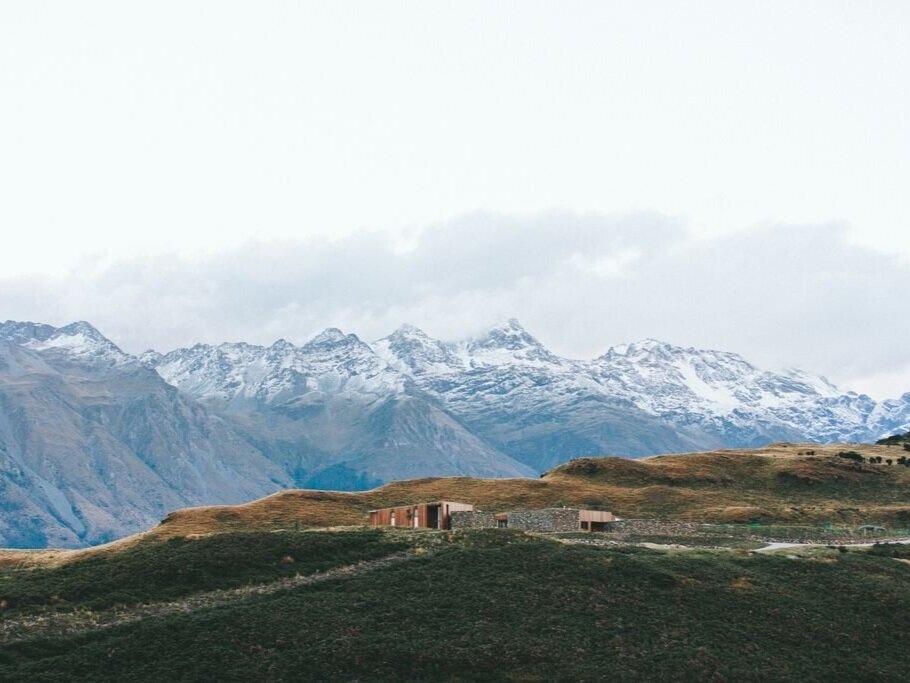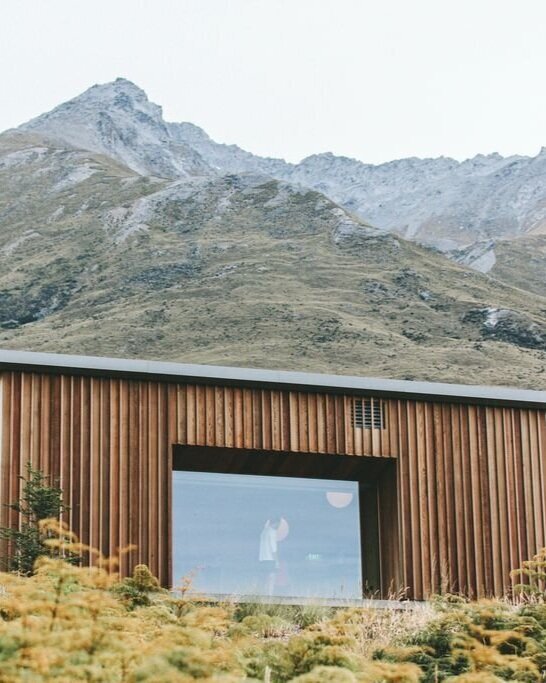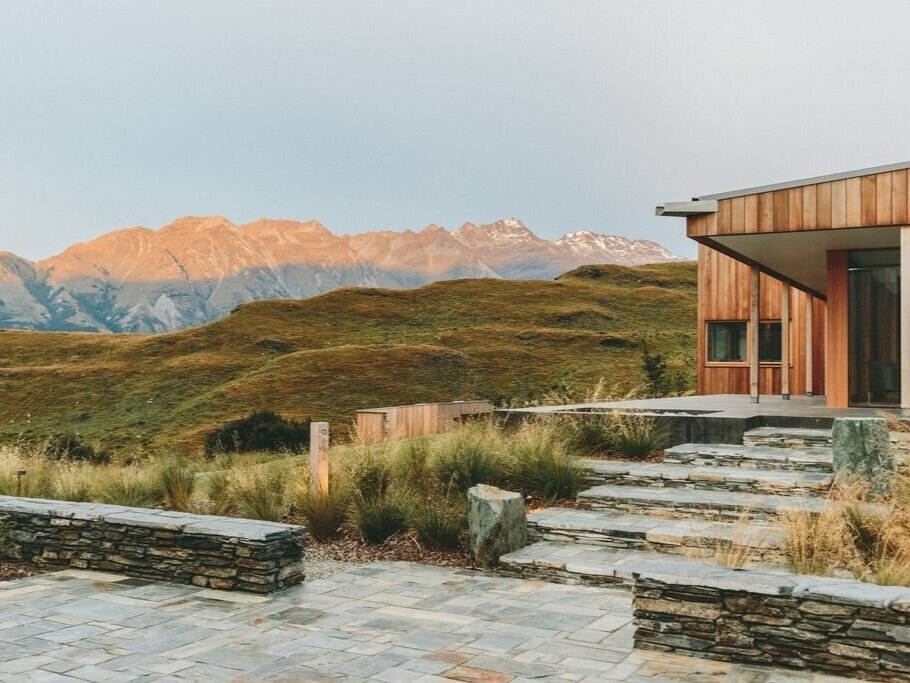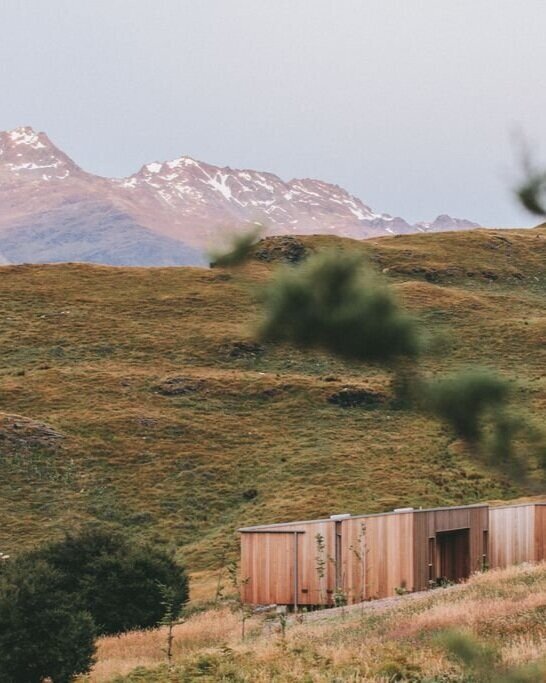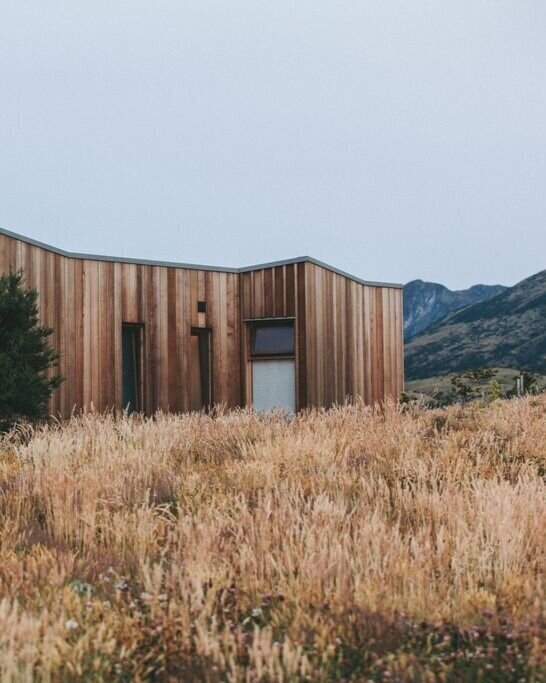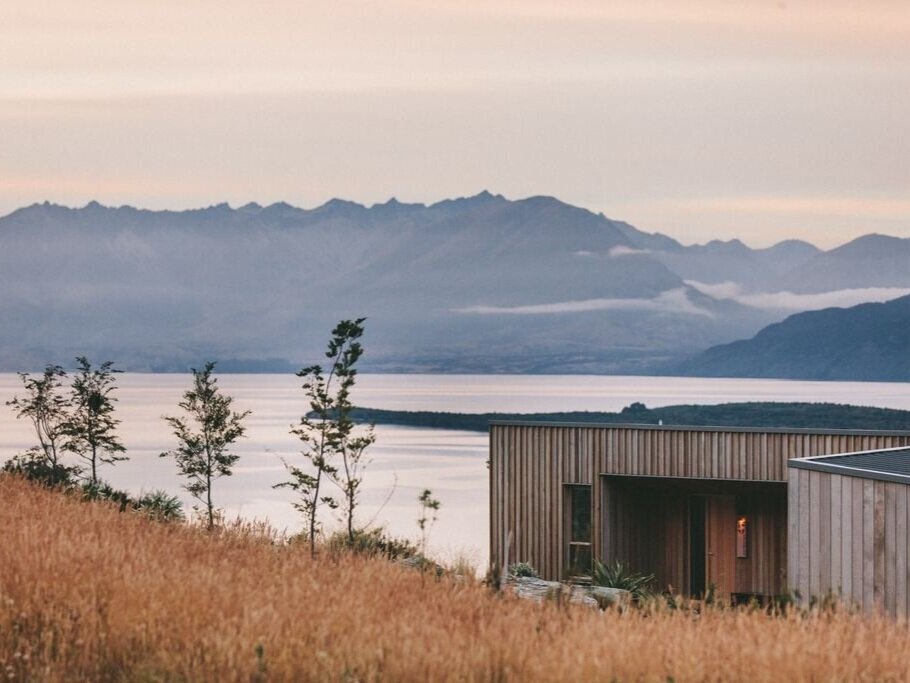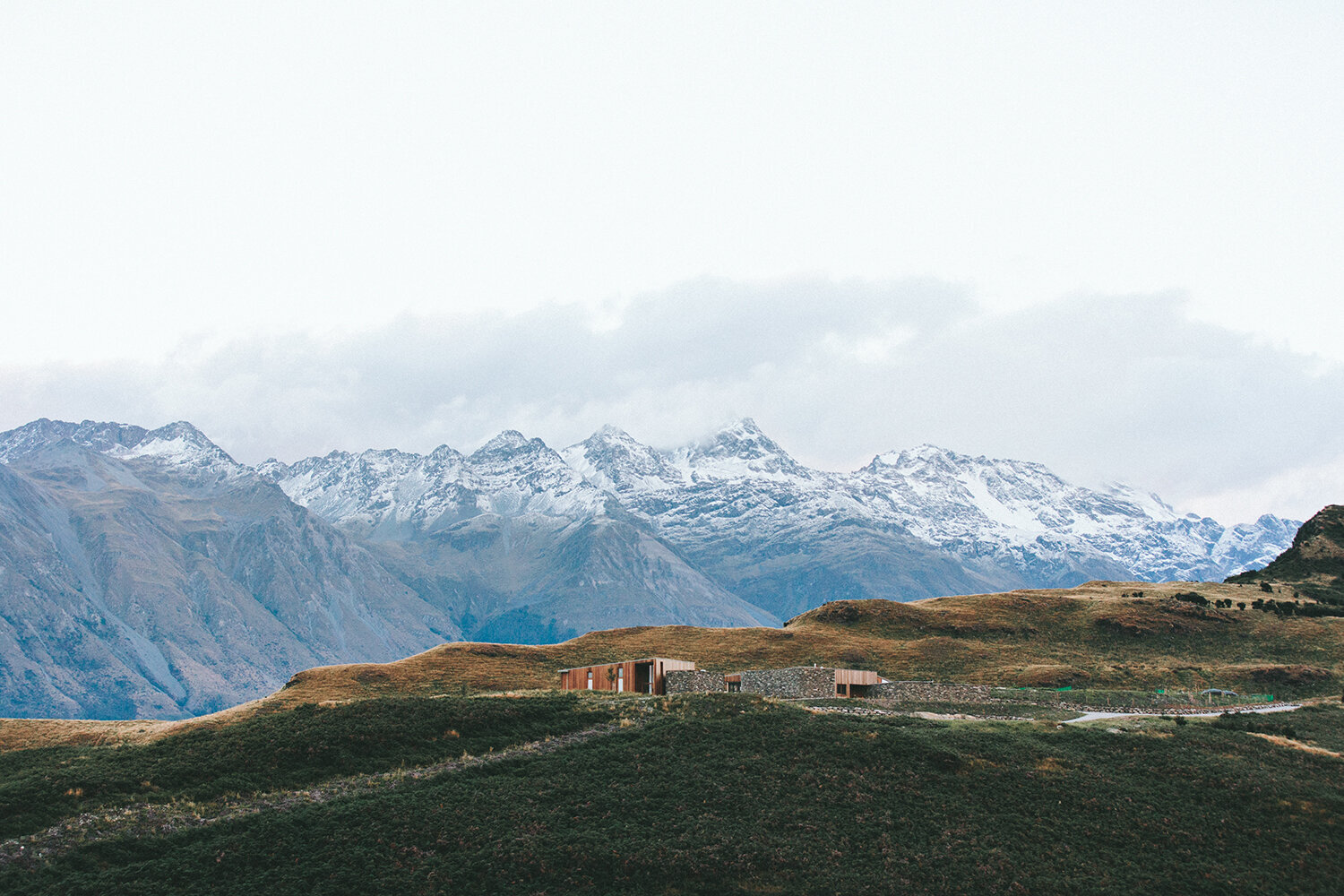TREMÉ: Life with the Mississippi
PENNSYLVANIA STATE UNIVERSITY | COLLEGE OF ARTS & ARCHITECTURE
MEDAL FOR CREATIVE ACHIEVEMENT
Pennsylvania State University
College of Arts & Architecture | Stuckeman School
Bachelor of Architecture
Undergraduate Thesis
PENNSYLVANIA STATE UNIVERSITY | STUCKEMAN SCHOOL
KOSSMAN DESIGN THESIS AWARD
PENNSYLVANIA STATE UNIVERSITY | STUCKEMAN SCHOOL
5TH YEAR DESIGN EXCELLENCE AWARD
FREEDOM
Architecture and the built environment are tied to the landscapes they inhabit. Often these landscapes evolve over millennia or centuries. Over that time our structures integrate or deteriorate into their surroundings, changing as their creators’ lives around them change. Seldom are they able to move with the speed of modern lives. For those that inhabit landscapes that are in an eternal state of flux, architecture is often abandon for the preservation of life.
Can our architecture change, as our landscapes change around us? Can our built structures capitalize on the natural events around us? Can our buildings move with us? Can they be free from their foundations to roam the land freely?
THIS IS NOT A DISASTER
THIS IS NOT A DISASTER
JUST SPRING IN LOUISIANA
JUST SPRING IN LOUISIANA
The Mississippi is a force of nature that has predated man, and will outlive man. It will outsmart us, outwork us, and do so faster than we’re able to act. We need money and resources to fight the river, while it only needs time.
If we are to live in the river’s sphere of influence we have to play by its rules. We have to play its game and learn to live with it. Our world—our societies, infrastructure and architecture—have to change with it or we must surrender the fight.
Stemming from the frequent flooding of the Mississippi River, the futuristic capital city of Tremé in Louisiana created a resilient architecture that allows it to rise above the far-reaching floodwaters of the Mississippi and harness its floods as a ways and means of migration. Embracing the dynamism of the Mississippi floodplain, the Louisiana’s State Capitol building assembles and reassembles at locations across the state as the landscape changes around it. It expresses the collective disorder of the area, while also embodying the freedom of the people of Louisiana.

